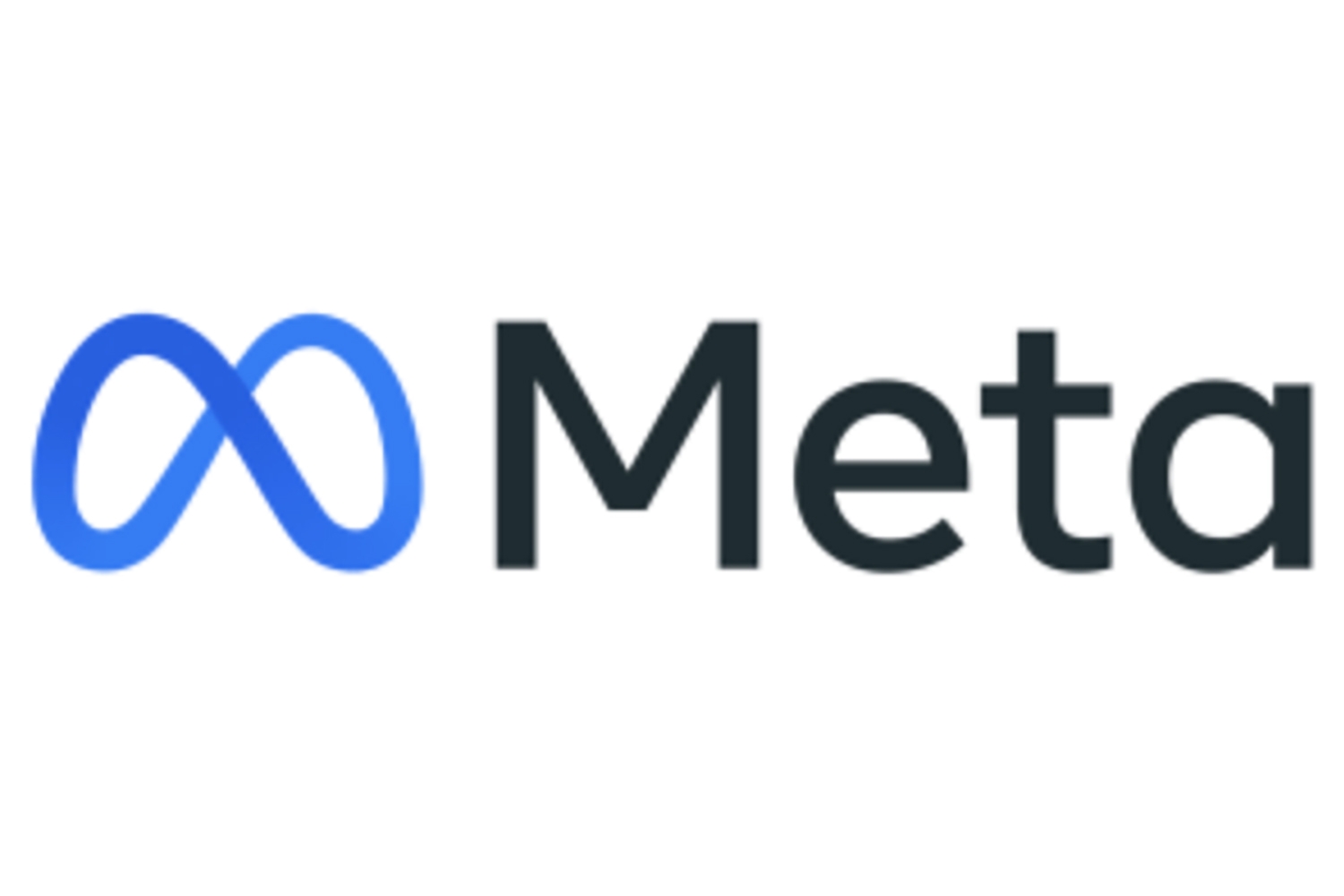My Ramblings
It all started with “wizards” simple and automated scripts, applications, etc. which set things up for you without the need to think about how they are being configured. These simplified set ups allowed people to click through everything and just get things done. This saved time and... well money as there was no need to step through everything and build it all from the ground up. There was no need to plan things out, no need to pay attention to what was happening, just run the wizard and move on. In the consumer world, these types of installers quickly became laden with unwanted/ unneeded applications and even malware just waiting for the unaware to click next for it to get installed (and there are examples of this happening still).
- Details
- By Sean Kalinich
- Hits: 586
Before we get into today’s conversation, I want to be very, very clear. What I am about to say does not apply to “all” talks, panels, key notes, etc. It does apply to a growing number of talks that are given at conventions, as part of webinar series, and especially some (important distinction here) vendor specific events. Ok, ok… I know you want to know what in the world I am talking about, so here it is. Talks, in general, are becoming little more than self-congratulatory statements. Many are becoming almost toxically positive like a self-improvement “you’ve got this” session instead of presenting anything of (relatively) real substance.
- Details
- By Sean Kalinich
- Hits: 751
Microsoft has said in previous statements that the Recall feature will not be enabled by default and will be set up as Opt-In. Several researchers have found that the feature is enabled in the background even if it might not be fully set up. This last part is important as the feature being enabled does not mean that Recall is already capturing your data, at the time of this writing, I have not seen evidence of data capture by this feature. However, it still a bit disappointing that Microsoft has this enabled by default when it should be 100% opt-in (including enabling or installing the feature).
- Details
- By Sean Kalinich
- Hits: 1903
The internet is a great thing. It has allowed peoples of different nations and geographical locations to meet, talk, share information and ideas. The massively connected world we live thanks to the internet is one where information of all kinds is literally at our fingertips. Hovering over all these good things has always been the shadow of censorship, control and digital spying. It has also given rise to crime on a massive scale, multiple new types of bullying, harassment, and assault. Still the idea of massive censorship and information control is one that most would agree is a bad thing.
- Details
- By Sean Kalinich
- Hits: 1733
Facebook has not had the best history when it comes to handling online bullying, social stalking and even sexual abuse and exploitation. They do have and are continuing to develop tools to fight against this, but for the most part they do not take a very proactive role in policing this type of behavior. To some it seems that they spend more time “fact checking” and policing opinions than they do addressing any truly bad behavior. It is up to the user to make sure they are practicing good and safe habits when using Facebook or Instagram, not the platform.
- Details
- By Sean Kalinich
- Hits: 1637
Read more: Facebook’s History Gives Concerns about Social...
More Articles …
Page 1 of 3







